5052 h111 alloy aluminum marine plate
When it comes to marine aluminum plates, performance and reliability are non-negotiable qualities due to the challenging environments they encounter—saltwater corrosion, fluctuating temperatures, and mechanical stresses. Among the numerous aluminum alloys tailored for marine use, the 5052 H111 alloy aluminum marine plate stands out not just as a material, but as a solution crafted through innovation and deep metallurgical , making it ideal for a broad spectrum of marine applications.
What Makes 5052 H111 Marine Aluminum Special?
At its core, the 5052 alloy is magnesium-enhanced aluminum, providing a unique balance between strength, corrosion resistance, and fabrication versatility. Distinctively, the H111 temper denotes a very stable, cold-worked temper that undergoes minimal mechanical deformation, tailored to maintain consistency and predictability—when manufacturing robust marine structures.
From a technical viewpoint, this alloy and temper combination yields superior resistance against seawater-induced corrosion compared to other common marine aluminum grades like 5083 or 6061, especially in thin gauge plates used for hull plating, decks, and superstructures.
Parameters and Chemical Composition
material composition and viewing it as the backbone of the alloy’s performance helps materially discern why 5052 H111 excels in marine environments.
| Element | % Weight |
|---|---|
| Aluminum | Balance (~97.25% - 97.40%) |
| Magnesium (Mg) | 2.2% – 2.8% |
| Chromium (Cr) | 0.15% – 0.35% |
| Iron (Fe) | ≤ 0.40% |
| Silicon (Si) | ≤ 0.25% |
| Manganese (Mn) | ≤ 0.10% |
| Copper (Cu) | ≤ 0.10% |
| Zinc (Zn) | ≤ 0.10% |
The elevated magnesium content enriches the alloy’s strain hardenability and corrosion resistance. Notably, the minimal copper and silicon levels reduce galvanic corrosion, vital in marine use where mixed metals are common.
Implementation Standards: Why Compliance Matters
Manufacturers and shipbuilders favor the 5052 H111 marine aluminum plate given its compliance with recognized certifications, enhancing confidence in material performance and safety.
- ISO 6361 (formerly ASTM B209): Covers aluminum and aluminum alloy sheets used in structural applications, with specific provisions for marine-grade plates including the 5052.
- ABS (American Bureau of Shipping) Marine Standards and DNV GL approvals: These emphasize corrosion resistance, toughness, and acceptable mechanical properties for marine plating.
- BV (Bureau Veritas) guidelines also often specify 5052 alloy plates due to their corrosion durability.
Operating with adherence to these standards ensures ships built with 5052 marine plates withstand rigorous inspections and service conditions while preserving structural integrity.
Alloy Tempering: The Significance of H111 for Marine Aluminum
Ave thinking about how temper impacts performance provides greater appreciation for why 5052 H111 is optimal in marine sheets:
- H111 Temper implies the material is strain-hardened only slightly, with no aging or treatment beyond cold working—a method that reduces internal stresses without compromising formability.
- Consequently, 5052 H111 strikes balance between medium strength (~191 MPa tensile strength) and excellent ductility (~12% elongation), enabling impact absorption and resistance against cracking from vibration or wave loads.
- Compared to O temper (annealed), H111 offers superior mechanical strength while still allowing cold bending and forming necessary for curved hull sections.
Usability and Wear Factors in Marine Realities
5052 H111 plates uniquely cater to harsh marine reality through values beyond just structure:
- Superior Corrosion Resistance: Derived from magnesium's protective oxide layer formation, healthy chromium presence, plus jaundiced tempering, blocking pitting from salt and humidity factors.
- Excellent Weldability: Critical in shipbuilding and repair, this alloy-temper combination binds well with TIG or MIG welding protocols without needing special pre- or post-weld treatments.
- Sustained Fatigue Performance: Consistent grain structures, tempered uniformly during production, reduce susceptibility to cyclic stress cracking in waves or engines.
Final Thoughts
In choosing marine aluminum, fathoming the structure-property-temper triad is crucial. The 5052 H111 alloy aluminum marine plate, with its formula optimally designed through magnesium content harmonizing with careful temper process control, exceeds expectations for a marine-grade alum plate. Its conformance with multiple marine implementation standards further certifies its place not only on vessels but wallets seeking efficiency and longevity.
Far beyond technical sheets and test results, the 5052 H111 marine aluminum plate symbolizes innovation focused on practical endurance and environmental challenge mastery, defining the future and sturdiness of modern marine engineering. For projects ranging from leisure boats to commercial marine facilities, it remains an authoritative choice.
Products made from 5052 H111 marine aluminum relate versatility, strength, and time-tested durability—ideal for smart engineers and architects turning to confidence on water.
For premium-grade 5052 H111 aluminum plates tailored precisely to marine demands, partner with experienced manufacturers who emphasize quality assurance, material traceability, and customized technical support.
Related Products
Marine 5083 aluminum plate
Marine 5083 Aluminum Plate belongs to the 5xxx series of aluminum-magnesium alloys and is classified as a non-heat-treatable alloy. Its high magnesium content (typically 4.0–4.9%) enhances its corrosion resistance, especially against seawater-related degradation such as pitting and stress corrosion cracking.
View DetailsMarine 5383 aluminum plate
The 5383 aluminum alloy belongs to the 5xxx series of aluminum-magnesium alloys known for remarkable resistance to marine corrosion and high strength.
View DetailsMarine 5059 aluminum plate
Marine 5059 Aluminum Plate is distinguished by its high magnesium content and carefully balanced alloying elements, designed to maximize strength without compromising corrosion resistance.
View DetailsMarine 5086 aluminum plate
5086 Aluminum Plate belongs to the 5xxx series of aluminum-magnesium alloys. Its hallmark is a high magnesium content—generally between 4.0% and 4.9%—which delivers enhanced corrosion resistance, particularly against saltwater and marine atmospheric conditions.
View DetailsMarine aluminum steel clad plate
Aluminum / Steel Clad Plates consist of a sandwich construction in which a layer of marine-grade aluminum alloy is metallurgically bonded to a steel substrate.
View DetailsMarine heavy duty aluminum plate
Marine Heavy Duty Aluminum Plates Sheets generally refer to thick aluminum alloy plates and heavy gauge sheets produced from marine-grade alloys such as 5083, 5086, 5059, and 5383.
View DetailsRelated Blog
5052 H34 Aluminum Plate for Boat
When it comes to marine applications, specifically boat building and repair, selecting the right aluminum material is critical for long-lasting performance, corrosion resistance, and structural integrity.
View Details5052 h111 alloy aluminum marine plate
When it comes to marine aluminum plates, performance and reliability are non-negotiable qualities due to the challenging environments they encounter—saltwater corrosion, fluctuating temperatures, and mechanical stresses.
View DetailsHot Rol 5052 5083 Aluminum Plate Sheet for Boat
When it comes to marine aluminum, hot rolled 5052 and 5083 aluminum plate sheets hold a distinguished place, primarily due to their impeccable blend of strength, corrosion resistance, and formability — factors crucial for boat manufacturing.
View DetailsMarine Aluminum Alloy Plate 5052 5083 6061
Marine environments pose extreme challenges—constant exposure to saltwater corrosion, mechanical stresses, and environmental fluctuations demand materials that combine strength, durability, and corrosion resistance.
View Details

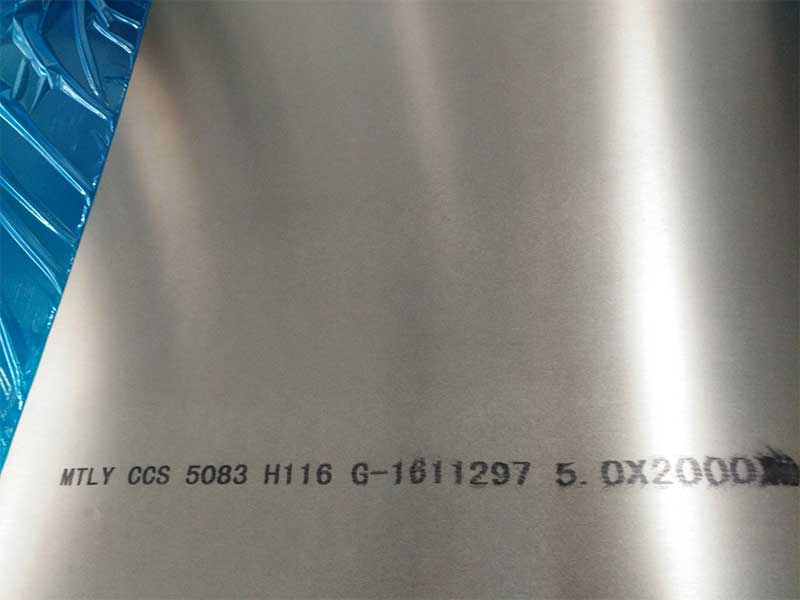
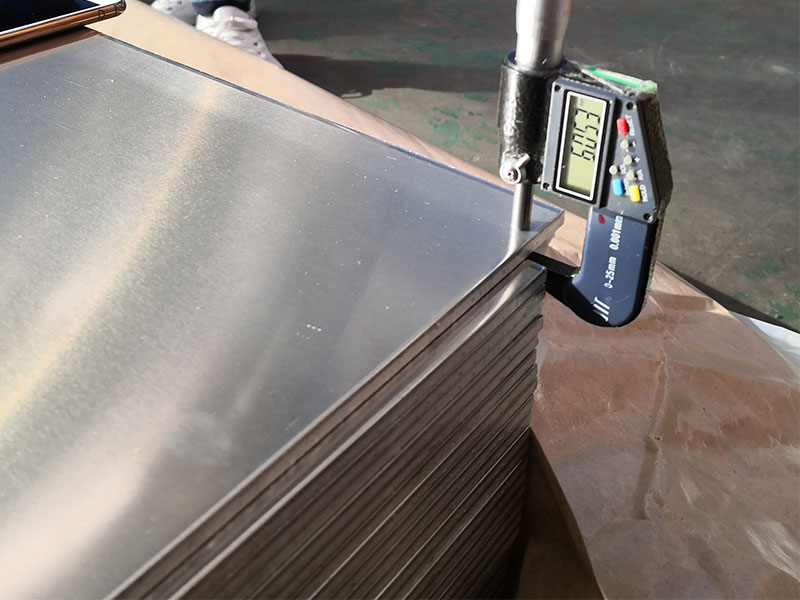
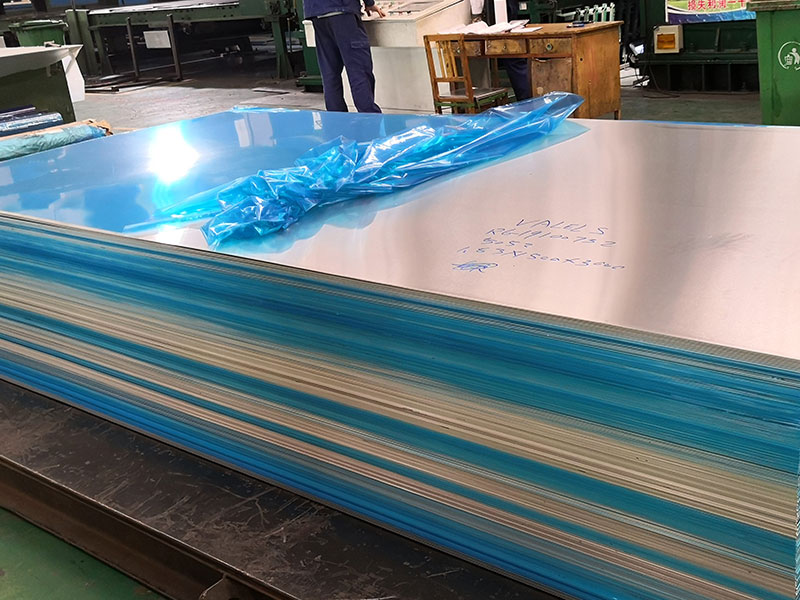
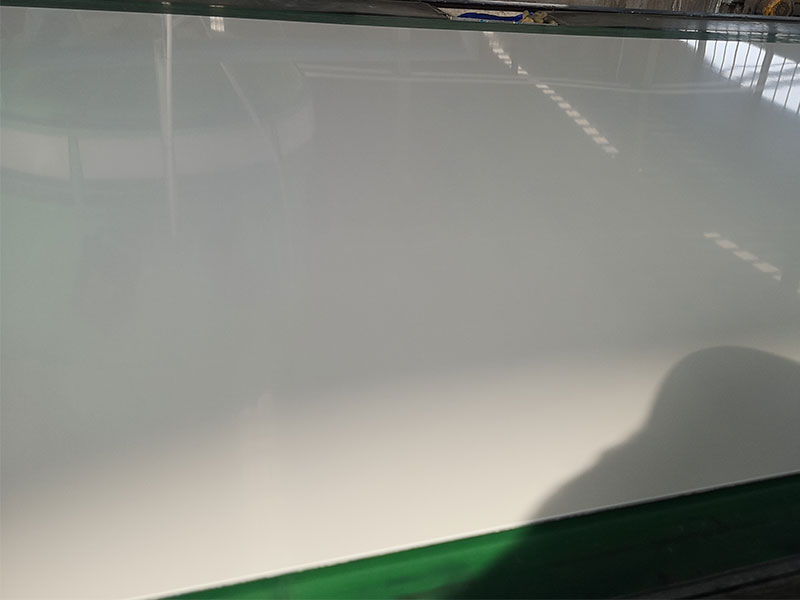
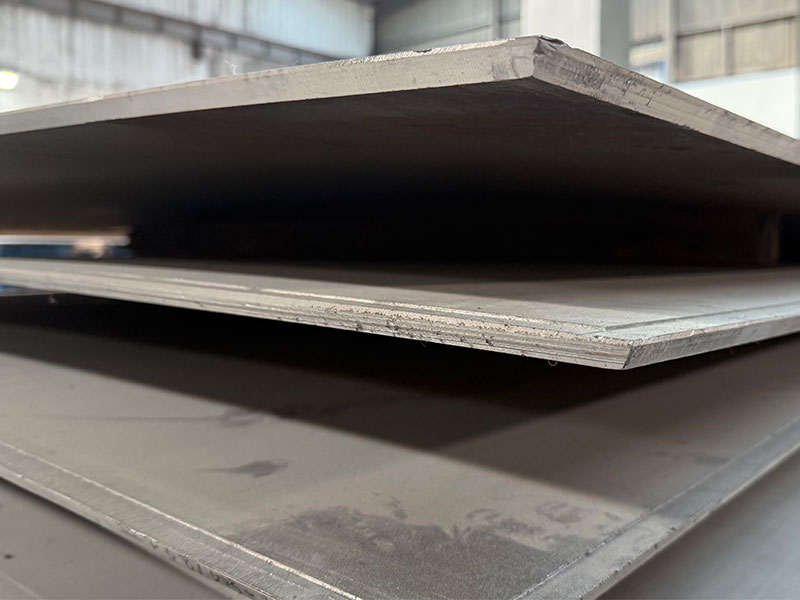
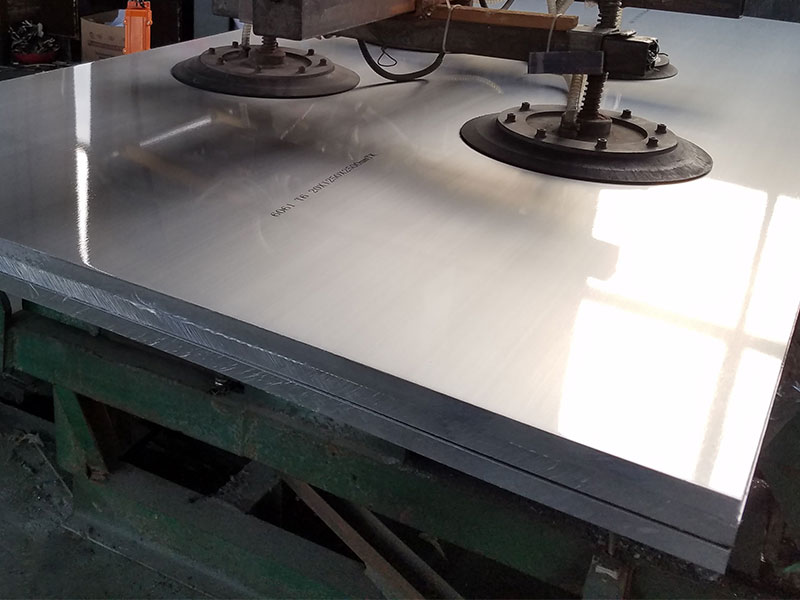




Leave a Message